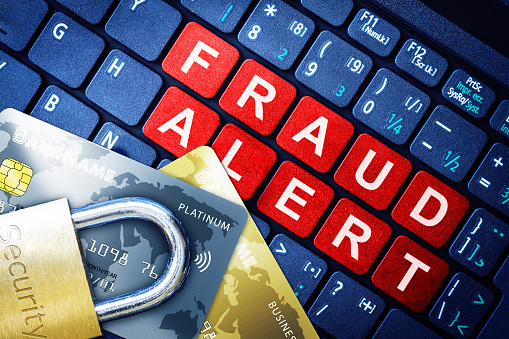By Barley Laing, the UK Managing Director at Melissa
The latest half yearly fraud report from UK Financehighlights that there were over 2.09 million confirmed cases of fraud in the UK January – June 2025, a 17 per cent increase on this time last year. Over the same period criminals stole £629.3 million, a growth of three per cent on last year.
It is widely predicted that fraud in the global financial services space will grow rapidly over the coming months and years, as bad actors evolve their approach to undertake fraud, aided significantly by developments in AI.
The big question is what can financial institutions do to prevent it and ensure best practice compliance with global AML and KYC regulations?
Obtain accurate customer contact data
With the risk of fraud increasing having access to quality customer data is a vital first step, because obtaining accurate customer contact information, such as name, address, email and phone number, makes the verification process more reliable.
In fact, having a consistently accurate, standardised address is typically recognised as the cornerstone of contact data quality. With an up-to-date customer address it’s much easier to match and verify identities across multiple sources.
Having access to accurate contact data enables ID verification technology to confidently cross-reference the information provided against official databases, or other authoritative sources, to effectively identify suspicious activity and prevent fraud. For example, inconsistencies in a user’s phone or email, or an address linked to multiple identities, could be a red flag for extra scrutiny.
To deliver accurate and reliable contact data for every customer requires obtaining data quality tools that standardise, parse and validate home addresses, email addresses and telephone numbers worldwide.
Undertake eIDV
It is important that those in financial services consider using an electronic identity verification (eIDV) tool. Being “always on” these can, in real-time, cross-check the names and addresses – for proof of address – email addresses and phone numbers provided by prospective customers during remote onboarding. This enables them to provide a good customer experience, while helping to prevent fraud. For the best results it’s essential that the service used has access to billions of data records from trusted global sources.
Automated eIDV technology is significantly quicker, more accurate and cost effective for undertaking ID verification and preventing fraud when compared with manual checks. There’s no extra staffing or training costs, and there’s much less danger of human error when using this technology.
Think mobile ID verification
The rise in smartphone ownership globally is leading to mobile ID verification tools becoming a standout part of the fraud prevention and compliance toolkit. With around five billion people having access to a smartphone, and a global population of just over eight billion people, a mobile number is quickly becoming a key part of the identity verification process and in the fight against fraud. A significant benefit of such a service is that they utilise real-time data from mobile network operators (MNOs) to authenticate an individual’s identity instantly, with a high degree of accuracy. Overall, mobile ID verification offers a dependable and streamlined method for authenticating users, preventing fraud, and meeting regulatory compliance.
Deliver KYB screening
Undertaking know your business (KYB) checks is vital for those financial institutions wanting to fully understand the risks posed by new and existing business customers and suppliers. Furthermore, implementing KYB checks is essential for those in financial services to identify fraudulent shell companies that can often hide in plain sight, and are frequently the source of money laundering and fraud. By integrating a KYB solution it’s straightforward to confirm the legitimacy of businesses and suppliers, while aligning your system with international regulations for anti-money laundering (AML) and combatting the financing of terrorism.
Sanctions, PEPs and RCAs
Screening against always-on global watchlists of sanctioned, politically exposed persons (PEPs) and relatives and close associates (RCA) data is important. In fact it’s a legal requirement to use sanctions lists, and in many jurisdictions so is employing PEP and RCA lists. Due to the nature of their roles or relationships with individuals in positions of authority both PEPs and RCAs are more likely to be involved with or drawn into crime. Therefore, to further protect your organisation against potential fraud, while avoiding having customers that can damage your reputation, implement a worldwide screening process for these individuals.
In summary
As fraud is set to continue its strong growth in the age of AI and evolving technology, selecting the appropriate fraud prevention measures is imperative. Obtaining solutions that ensure data quality, deliver eIDV and KYB, as well as have access to authoritative sources of sanctions, PEP and RCA data worldwide is vital to help prevent financial fraud and ensure compliance with stricter global KYC and AML regulations.



